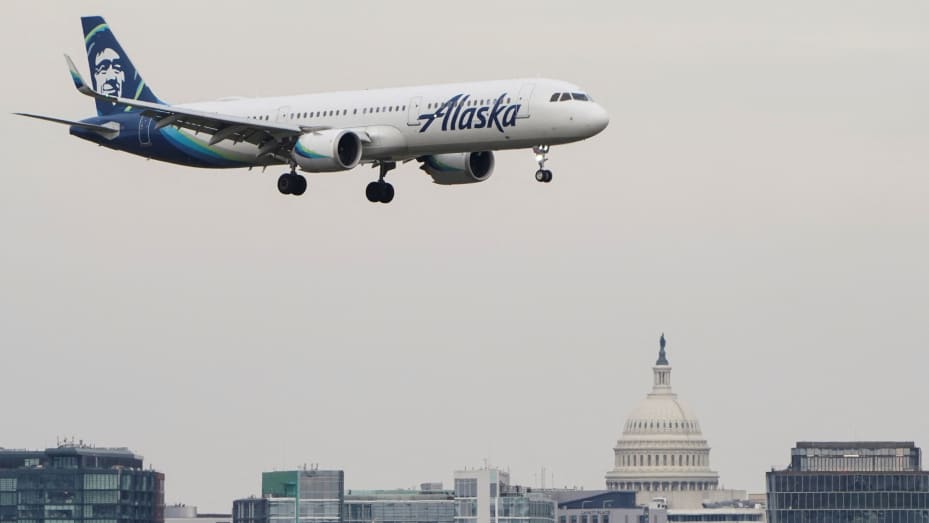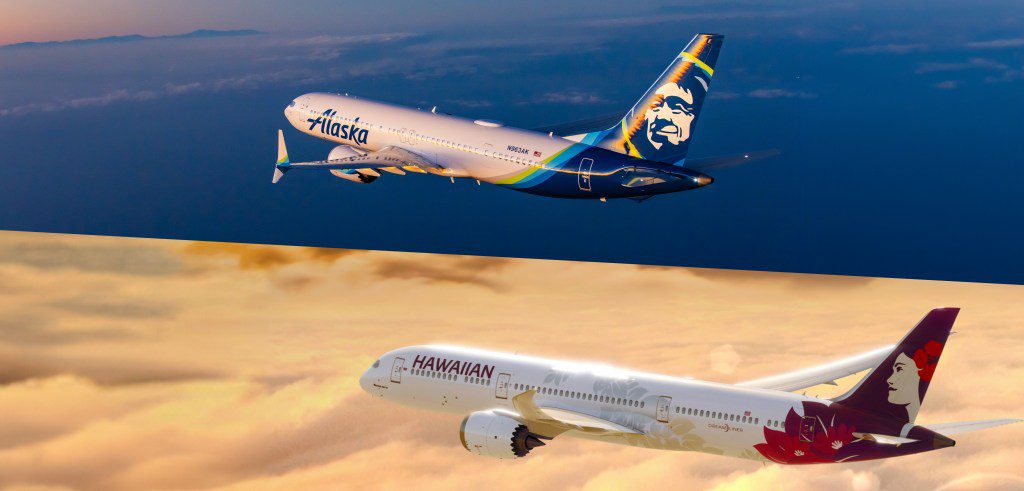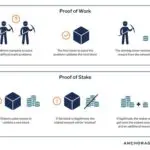In a strategic move that could reshape the landscape of the airline industry, Alaska Air Group recently unveiled its plan to acquire rival Hawaiian Airlines in a substantial $1.9 billion cash and debt deal. While this announcement marks a significant development in the aviation sector, the executives behind the deal are poised to face an intricate journey of regulatory scrutiny as they seek approval for the acquisition.

This move echoes the recent pattern of challenges posed by President Joe Biden’s Justice Department against airline deals perceived as anticompetitive. The backdrop to this acquisition includes the Justice Department’s legal intervention less than a year ago, attempting to thwart JetBlue Airways’ $3.8 billion cash acquisition of budget carrier Spirit Airlines. The crux of the Justice Department’s argument in that case was the potential harm to consumers, manifested in the form of higher fares, should the budget airline be assimilated by JetBlue. Earlier this year, the Justice Department effectively dismantled JetBlue’s partnership with American Airlines in the U.S. Northeast, signaling a stringent stance on anticompetitive practices.
JetBlue’s rationale in both instances rested on the need for strategic alliances to bolster its competitive position against larger rivals, particularly in a climate where aircraft and pilot resources are in short supply. The aftermath of over a decade of airline mergers has consolidated control over approximately 80% of U.S. airline capacity within four major carriers: American, Delta, Southwest, and United. In this context, Alaska, commanding over a 5% share of U.S. airline capacity, eyes Hawaiian Airlines, with a share of less than 2%, as a strategic addition to its portfolio.
The Alaska-Hawaiian deal unfolds against the backdrop of challenges faced by Hawaiian Airlines, including but not limited to the Maui wildfires, heightened competition in Hawaii from Southwest, and a sluggish recovery of some long-haul Asia routes. As these airlines navigate through regulatory reviews, the industry watches closely, anticipating the potential repercussions and transformations that this acquisition might usher into the competitive airspace.
Deal differences
The Alaska-Hawaiian and JetBlue-Spirit deals, while distinct in their approach, share a common thread of regulatory scrutiny, with the Alaska acquisition potentially facing hurdles despite differences in execution. JetBlue’s strategy involves an extensive overhaul of Spirit’s brand, from redesigning planes to eliminating seats and introducing enhanced amenities. In contrast, Alaska intends to maintain the individual identities of Hawaiian and Alaska, recognizing their significance in serving the geographically dispersed states.
Alaska’s previous acquisition of Virgin America in 2016 followed a different trajectory, involving the phased-out removal of Virgin’s branding and Airbus fleet in favor of a streamlined Boeing airline. As the Alaska-Hawaiian deal unfolds, the Justice Department has refrained from commenting, but industry experts anticipate regulatory challenges.
William Kovacic, a professor at the George Washington School of Law and former chair of the Federal Trade Commission, emphasizes a starting point of skepticism in the regulatory review. The focus will likely be on identifying areas of competition between Hawaiian and Alaska, assessing potential expansion paths without the merger, and understanding the impact on market dynamics.
Executives from Alaska and Hawaiian defend the deal, highlighting minimal overlap and the opportunity for expansion. The CEOs emphasize the unique nature of the combination, asserting that it will facilitate network growth. Alaska’s CFO, Shane Tackett, underscores the limited network overlap, citing a 3% seat and 12-route convergence between the two carriers.
In the context of the Justice Department’s lawsuit against the JetBlue-Spirit deal, the pivotal role of Spirit and JetBlue in catalyzing market dynamics stands out. Samuel Engel, a lecturer at Boston University’s Questrom School of Business and a senior vice president at consulting firm ICF, notes that such a catalyst role has not been attributed to Alaska and Hawaiian. However, the broader posture of the current administration signals a cautious approach to mergers.
Alaska and Hawaiian executives anticipate a 12 to 18-month timeline for closing the deal, extending beyond the next presidential election and potentially navigating regulatory considerations under a new administration. While Hawaiian’s stock experienced a near-triple surge to $14.22 a share, Alaska’s shares registered a 14.2% decline, closing at $34.08, reflecting the dynamic market response to the proposed acquisition.







